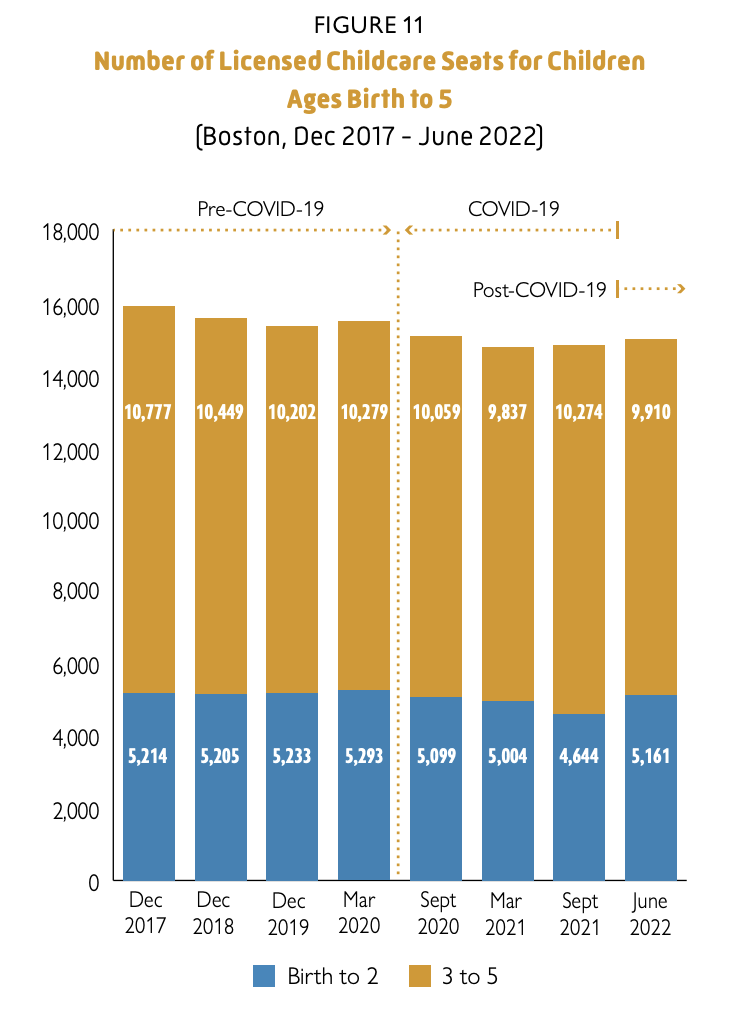FYI from BSF, 05.05.23
Hard to miss this headline this week.
Following the release of concerning math and literacy data this fall, the National Assessment of Educational Progress (NAEP, or “the Nation’s Report Card) declining results on US history and civics raised similar alarms.
The trend lines follow other NAEP results and standardized tests during this time. Increases over two decades, with initial declines that accelerated in the past three years.
Aside from pandemic disruption, what’s going on here? Is it due to curriculum narrowing on literacy and math? Would new standards and curriculum (like those recently passed in Massachusetts) or adding a history/civics assessment change these trends? The last time Massachusetts assessed this content was 2001. The think pieces have begun, and will continue.
On Tuesday, there were elections all over the Commonwealth. Many towns gathered to vote on referenda or school committee members; in Boston, we had two special elections to fill vacant state representative seats.
One of those elections was in the 9th Suffolk district, covering the South End and part of Dorchester. Like most elections in Massachusetts, it was virtually uncontested, with only one candidate (the other candidate withdrew from the race after ballots were set).
The result? A turnout percentage in the single digits.
We should talk about history and civics education. And how much time we should spend on it.
But if kids don’t inherit good democratic infrastructure or observe good civic behaviors from adults, how will they learn to be citizens?
NOTES IN THE MARgin
Boston's declining enrollment is costly, even if it doesn’t reduce actual funding that much. However, lapsing ESSER dollars will.
A new report from the Boston Opportunity Agenda highlights the continued challenges for early child care, including limited access for 0-2 year olds and uneven access for 3-5 year olds.
As the debate around the MCAS graduation requirement continues, it is important to note that graduation rates did increase while the MCAS was suspended due to the pandemic. It is also important to note that past state data indicates that the MCAS is not a significant driver of graduation/non-graduation.
Like many Massachusetts school committees, Milton has new members and a new charge.
Cambridge’s Matignon school is closing.
Bus strikes may be on the horizon for three Massachusetts communities.
A sharp decline in state revenue in April could have implications for PK-12 and higher education initiatives in the FY24 budget.
The education labor market continues to beguile: most school leaders are happy, but less people are applying for education jobs.
Some better news from NAEP scores: English learners are the one subgroup showing progress.
Decreased demand is challenging the financial models of smaller, private colleges. Examples from Massachusetts:
Other Matters
Climate initiatives of Boston Public Schools have led to recognition as a “Green Ribbon School” by the US Department of Education (page 39).







